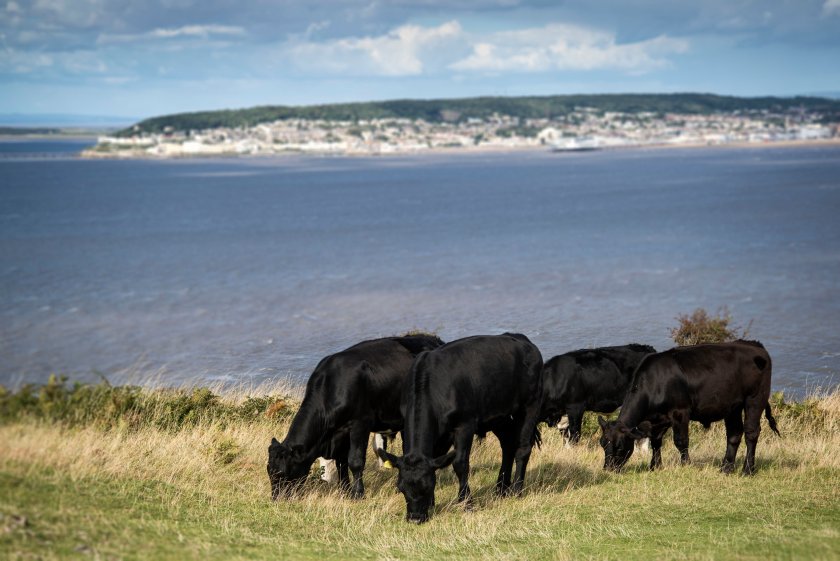Somerset farmers slam Jacob Rees-Mogg after hormone beef remarks

Somerset farmers have written an angry letter to Jacob Rees-Mogg after he appeared to give the green light to hormone-injected beef imports from Australia.
The MP for North-East Somerset sparked controversy with his recent remarks, in which he called for "cheaper food" such as "hormone-injected beef from Australia".
In a later interview, he stood by his comments: "The successful farmers in North-East Somerset can compete globally because they are producing effectively and cheaply, and economically.
"Protectionism hurts farmers and consumers; it puts prices up and encourages inefficiency".
At the time, NFU President Minette Batters said the prominent Brexiteer was 'morally bankrupt ' as allowing such imports would 'annihilate British agriculture'.
Hormone-injected beef was banned in the UK over 30 years ago due to concerns related to both animal welfare and public health.
Now a group of eleven Somerset farmers have hit back, saying the UK had "no desire to return to that style of farming".
"You prioritise cheapness, intensification and cost savings over any environmental or animal welfare standards," the farmers' letter to Mr Rees-Mogg reads.
"We want to farm in a way that cares for our animals, preserves our landscape and leaves our environment in a better state than we found it, for the benefit of generations to come.
"Farmers need support to embrace agri-environmental schemes, and improve animal welfare standards, but how can we do that if these standards are being undermined by cheap, hormone injected beef flooding the market?"
Hormone-injection is employed in some of the world's most intensive beef production systems, involving cattle kept in densely packed sheds and administered hormones to accelerate their growth.
Furthermore, scientific studies have linked hormone-injected beef to potential cancer-causing properties.
Will White, of sustainable farming organisation Sustain, said the comments "display a profound lack of understanding" within the government.
"We need a food system which prioritises the environment, animal welfare, and fair profits for farmers," Mr White said.
"Further intensification won't deliver on any of these points. Hormone-injected beef belongs in the past and we need governments to back our farmers, not allow them to be undercut by poorly negotiated trade deals."








